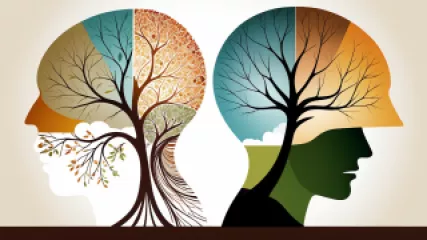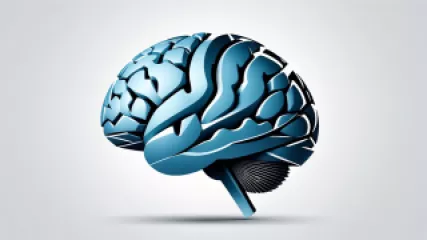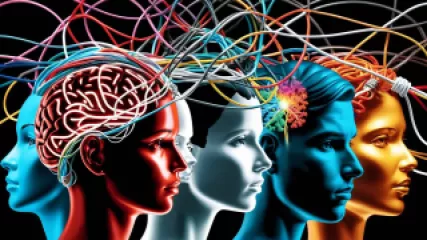Unraveling Cognitive Distortions: A Step-by-Step Guide
1 year ago
Cognitive Distortion Types
Develop Emotional Agility: A Step-by-Step Guide
1 year ago
Developing Emotional Agility
What is Imposter Syndrome and How Can I Overcome It?
1 year ago
Imposter Syndrome
The 10 Most Common Cognitive Distortion Types
1 year ago
Cognitive Distortion Types
A Step-by-Step Guide to Coping with Holiday Stress
1 year ago
Handling Holiday Stress
Effective Anger Management Strategies: A Step-by-Step Guide
1 year ago
Anger Management
The Ultimate Guide to Identifying and Addressing Cognitive Distortion Types
1 year ago
Cognitive Distortion Types
Unleashing Emotional Agility: A Path to Resilience and Growth
1 year ago
Developing Emotional Agility
My Journey to Mastering Anger Management
1 year ago
Anger Management
Effective Ways to Manage Holiday Stress with Emotional Support
1 year ago
Handling Holiday Stress
Understanding and Overcoming Common Cognitive Distortions
1 year ago
Cognitive Distortion Types
The Ultimate Guide to Anger Management Counseling Services
1 year ago
Anger Management
Expert Interview: Navigating Realistic Expectations for Self-Care and Wellness
1 year ago
Managing Expectations
My Journey Towards Personal Growth: Self-Discovery and Transformation
1 year ago
Personal Growth
Identifying Different Types of Cognitive Distortions
1 year ago
Cognitive Distortion Types















